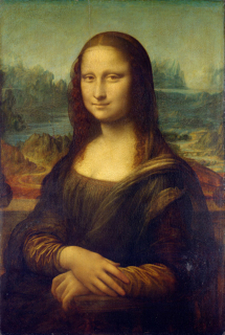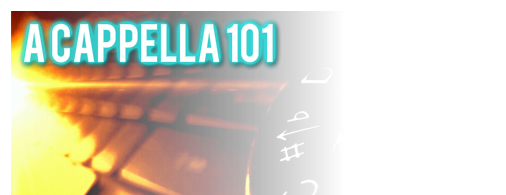
Arrangers, especially in a cappella music, are always looking for songs to arrange. And once they make an arrangement, especially a good one, those arrangers are often asked for copies. What should they do?
Some give away the arrangements, some sell the arrangements. But, unless the arranger has permission from a composer, selling or gifting copies of arrangements is illegal.
Thankfully, there is an exception: The Public Domain.
Works in the Public Domain are free for anyone to use in any way they choose. You won't need to make any payments, and you won't need anyone's permission. The trick is knowing whether a particular published song is actually in the Public Domain or not.
The chart below can go a long way towards helping you determine the answer. All you need to know to begin, is when the work was first published. Once you have that, you're off!
Public Domain Chart for Works Published in the United States
| DATE PUBLISHED Date copies first sold or otherwise distributed to public. | STATUS Is the work in the Public Domain, or protected by Copyright, or is the answer unclear? | TERM How long does copyright last? | NOTES What should I do? |
| 1922 OR EARLIER | PUBLIC DOMAIN | N/A The work is no longer protected by copyright. | Congratulations! Do anything you like and pay no one. Arrange, sell, distribute, perform, display, transpose and interpret to your heart's content. |
| 1923-1963 | RESEARCH NEEDED | If published w/out © notice and not remediated w/in 5 years then in Public Domain now. If published with notice, © term is 28 years. (Entering Public Domain between 1951-1991) If published with notice and © was properly renewed, term is 95 years, due to 28 year term plus 67 year renewal term. (Entering Public Domain 2018-2058) | Danger! This requires professional research and simple math. There is no easy answer here. Each case has to be carefully researched. Alternatively, you can play it safe and just treat the work as if it was protected by copyright. |
| 1964-1977 | RESEARCH NEEDED | If published w/out notice and not remediated w/in 5 years then in Public Domain. If published with notice, term is 95 years, due to 28 yr term plus AUTOMATIC renewal of 67 years. (Entering Public Domain 2059-2072) | More Danger! Unless the authors failed to affix copyright notice and failed to remediate, this song is NOT in the Public Domain. Only the rarest of songs from this period will be in the Public Domain. |
| 1978 - PRESENT | PROTECTED BY COPYRIGHT | The copyright term lasts for the life of last surviving author, plus 70 years. Copyright notice not required. Renewal not required. Even assuming that the last surviving author died immediately upon publishing in 1978, the first time the work will be in the Public Domain is 2048. | Extreme Danger! Copyright protection is almost definitely in full force. To use a copyrighted musical work without payment or permission, you need to qualify for fair use. To record your own arrangement of any copyrighted musical work without permission, but with payment, you can use the compulsory license. You can license a copyrighted work directly from any author. In extremely rare cases, you might take advantage of a creative commons license, if the author has issued one. |

 RSS Feed
RSS Feed